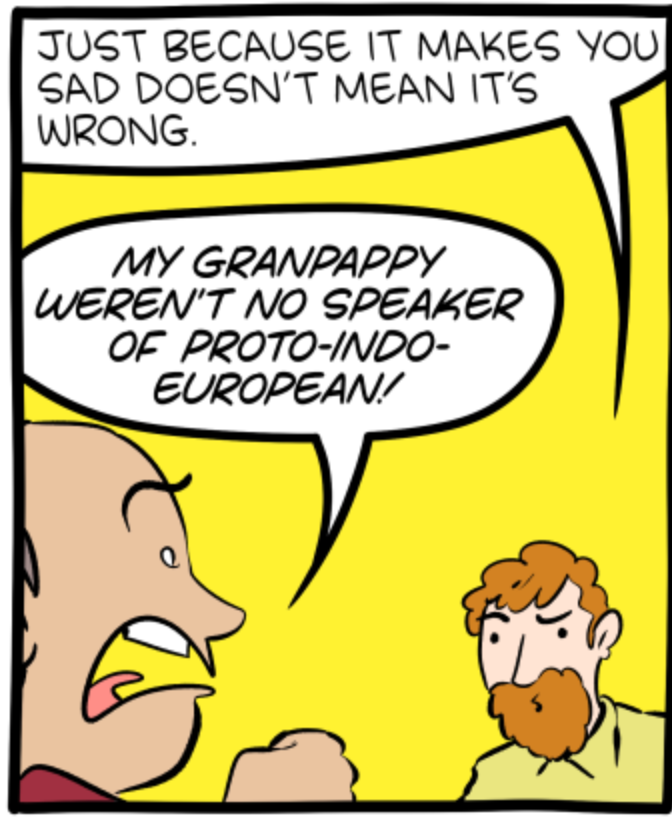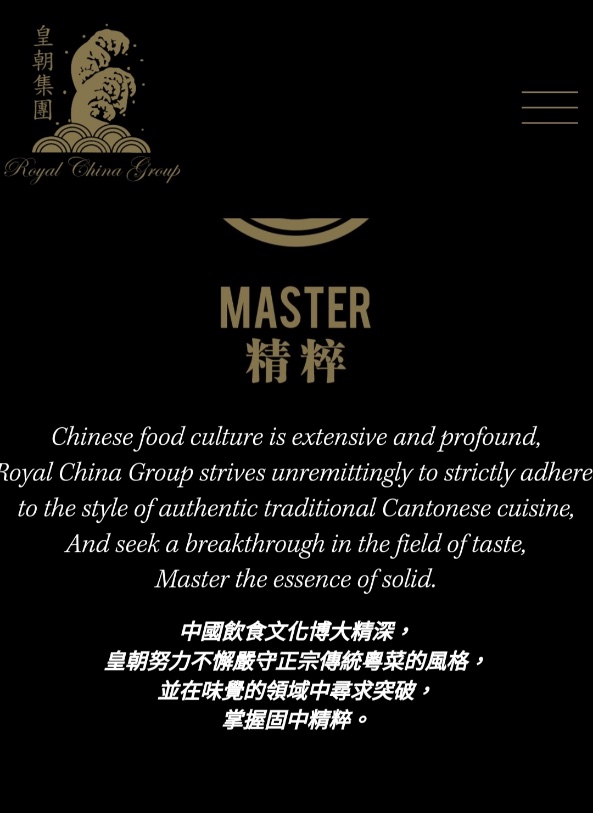One more for the "passive voice" files
There have been many LLOG posts on misuse of the term "passive voice", going back to 2003. As far as I can tell, the most recent post was "'Is it the passive voice you don't like?'", 8/11/2021.
In "'Passive Voice' — 1397-2009 — R.I.P", I wrote that
the traditional sense of passive voice has died after a long illness. It has ceased to be; it's expired and gone to meet its maker, kicked the bucket, shuffled off this mortal coil, rung down the curtain and joined the choir invisible. It's an ex-grammatical term.
Its ghost walks in the linguistics literature and in the usage of a few exceptionally old-fashioned intellectuals. For everyone else, what passive voice now means is "construction that is vague as to agency".
Today, Ambarish Sridharanarayanan sent me a link to a piece of writing that illustrates the issue perfectly:
The press release makes heroic use of the passive voice to obscure the actors: “an unprecedented sequence of events whereby an inadvertent misconfiguration during provisioning of UniSuper’s Private Cloud services ultimately resulted in the deletion of UniSuper’s Private Cloud subscription.”



